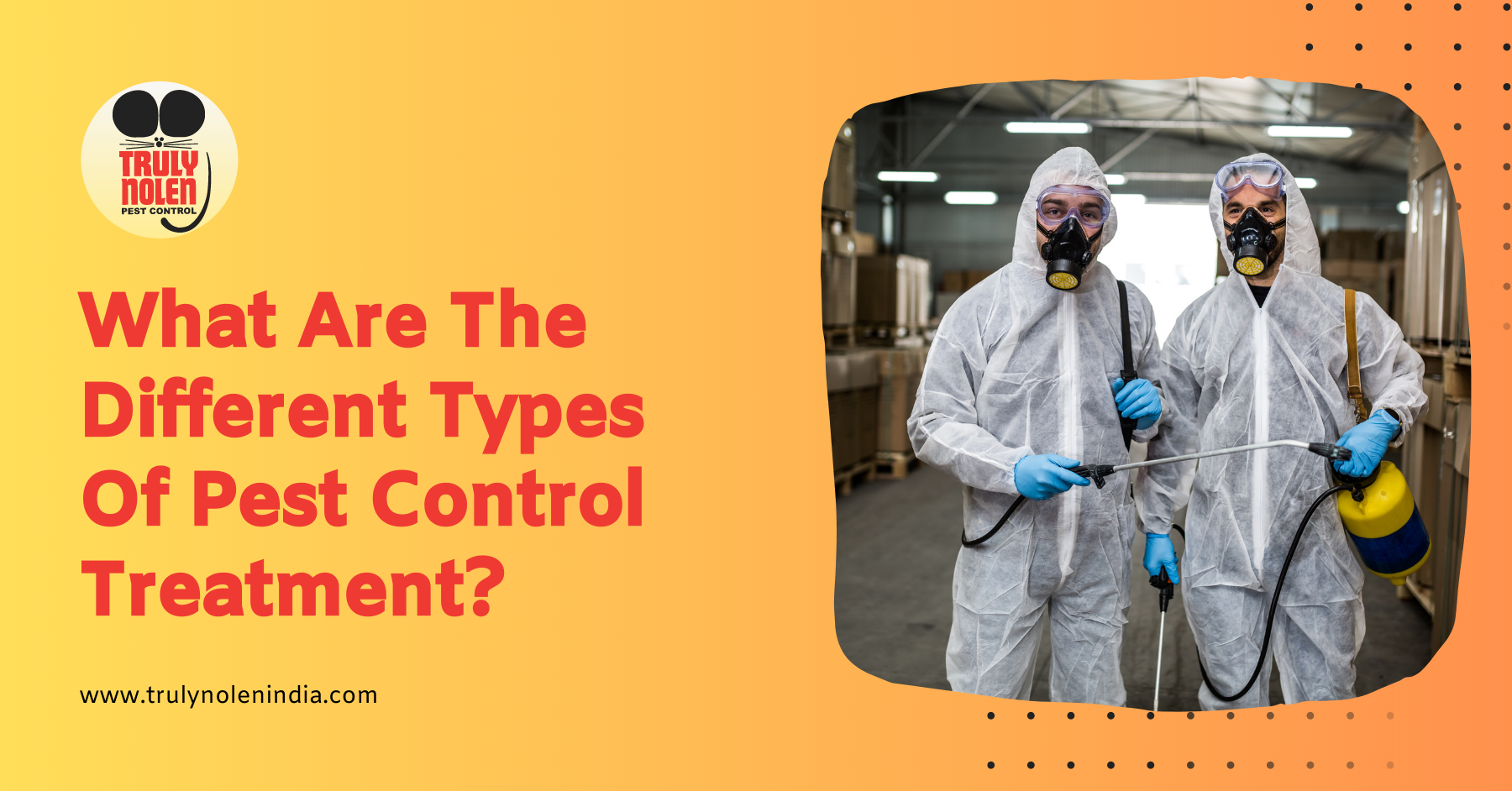Everything about Pest Control
Everything about Pest Control
Blog Article
Get This Report about Pest Control
Table of ContentsThe Facts About Pest Control UncoveredPest Control Fundamentals ExplainedPest Control Fundamentals ExplainedAbout Pest ControlLittle Known Questions About Pest Control.
Limitations of Chemical Administration Be able to examine pest troubles, identify if monitoring is needed, and make appropriate suggestions utilizing IPM methods. Be acquainted with different approaches of pest administration - their benefits and limitations.This chapter reviews (IPM), an approach that uses knowledge concerning pests and their, practices, nonchemical techniques, and chemicals to take care of parasite problems. Extra information concerning IPM for certain plants is included in chapters that focus on those plants. Nonchemical pest control procedures are worried in chapter 17, "Organic Horticulture." Handling birds and animals is covered in phase 20, "Wild animals." Handling in the lawn and yard is covered in phase 6, "Weeds." Insects in a yard or landscape might consist of bugs and termites, weeds,, mammals, and birds.
Insects and weeds, nevertheless, play a role in the. After growing a garden or developing a yard, the all-natural process of plant sequence begins to improve and nonnative plants.
What we call "parasites" are part of an all-natural system at job. Only humans take into consideration specific species parasites when they occur where they are not wanted.
Little Known Facts About Pest Control.
Bugs at risk to a chemical were rapidly killed, leaving resistant ones to breed and increase. It ended up being clear that pesticides alone would certainly not solve all insect troubles.
An IPM plan enables some degree of parasites in the setting. Pests are a lot less likely to make it through a program that makes use of several methods of minimizing their populations. Integrated parasite monitoring was initial suggested by entomologists since insects were the first team of parasites to confirm challenging to take care of with chemicals alone.
A limit is the factor at which activity ought to be taken. IPM has actually extended beyond pests to administration of all pest populaces: weeds, disease organisms, and animals.
The Buzz on Pest Control
Monitoring instead of eradication of pests is the objective. An IPM plan begins with a careful assessment of each bug invasion. Only after that can one choose regarding the suitable techniques essential to suppress parasite tasks. The life cycle of the parasite, possible damages, natural adversaries, and effects of weather condition, to name a few variables, are considered prior to a control plan is executed - Pest Control.
Clover expanding in a lawn may be seen as an unwanted weed, however as a legume it home is manufacturing nitrogen for the soil and the flowers are offering nectar to honey bees and various other. Tolerance for some weeds might belong to an IPM strategy. might be eating the leaves of a plant, yet when they are recognized as the larvae of Eastern tiger swallowtail butterflies, their damages might be endured so we can take pleasure in the lovely butterfly.

The second most important tool in insect administration is very early intervention. Existing and observant in the yard guarantees early discovery. Reacting to issues promptly, prior to they have time to multiply, needs a less significant treatment. The third crucial tool is recordkeeping; tracking what happens in the yard enables a gardener to identify patterns and make educated decisions.
What Does Pest Control Mean?
Several secure, useful, nonchemical techniques of plant security and pest monitoring might you could try this out minimize or eliminate the requirement to spray. Various other methods are most advantageous when used with pesticides. To implement monitoring techniques correctly and to reduce losses, gardeners ought to know the types of parasites that attack plants and recognize pest biology.

Conducting a soil examination and using only the advised amount of plant food and lime takes full advantage of the benefit to the plant while minimizing problems connected to excessive use fertilizer - Pest Control. Treatment the soil with numerous inches of compost protects the plant in several ways: lowering soil water loss to dissipation, reducing weed competition, giving nutrients, and developing an appropriate setting for earthworms and microbes that maintain the dirt loosened for roots and break down organic product to release nutrients
If mulch touches the trunk, it can create a way for voles, germs, and fungi to attack the plant. Do not utilize manure or garden compost that has not thoroughly decayed as a top clothing since it can urge unfavorable pests. Research study moved here suggests that tilling the dirt is destructive to soil framework.
Little Known Facts About Pest Control.
If tilling is regarded necessary, consider doing it in the fall when the life process of several pests brings them near the surface. At the surface, bugs become exposed to the weather condition along with birds and other natural enemies. Autumn tilling can also ruin bugs in plant residues. Use healthsome and insect-free certified seeds and plants if offered.
Report this page